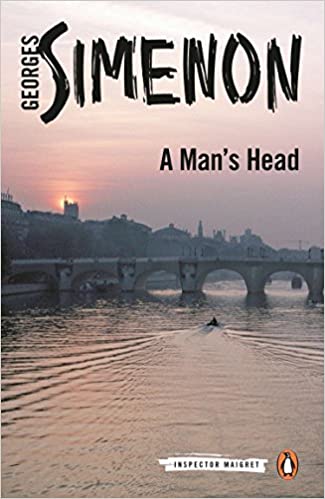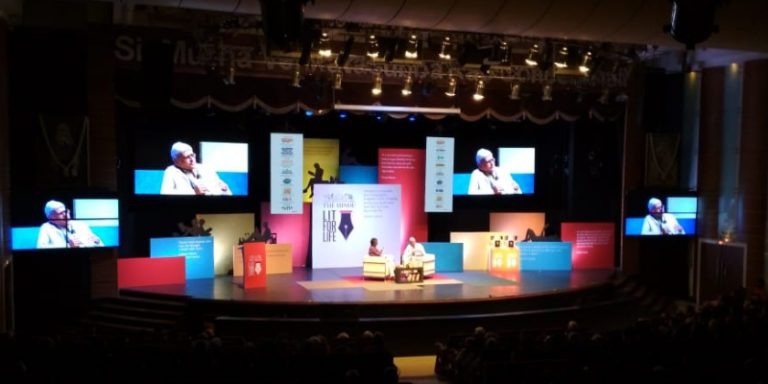Here’s something about me: I love philosophy, and believe firmly that it needs to be made more mainstream. Philosophy helps root your beliefs into a concrete base. Professor Michael Sandel in his Justice series asked a very interesting question which went something like this: “You are in a mine, in one of those trucks and speeding down a track and you realise that the brakes have failed. You see in front of you five people working on the track and you have no way of notifying them that your brakes have failed. Then, you see a diversion of the track and on that track, only one person is there. The choice is now yours, kill the five men who sort of may have been destined to die, or kill this one man whose life depends on you. What do you do?”
We encourage you to buy books from a local bookstore. If that is not possible, please use the links on the page and support us. Thank you.
There is no right answer to this. Going ahead may be a great way to initiate conversation and keep a person engaged.
But, in a world so full of crimes with more numbers and fewer stories, how do you evaluate the worth of a man’s head, especially if the power lies in your hands?
Georges Simenon mostly did not write A Man’s Head (Maigret #9) with any of the above views in mind. But it raises these questions, and it will make you wonder. About that, later.
When you think of detective fiction, most of us Indian readers would know little beyond Holmes and Poirot. Yet, Jules Maigret has over 70 books to his name. And where did we find this little book? At a Books By Weight sale. Shows, that if we look, there is good fiction to be found everywhere.
A Man’s Head begins with a convict escaping from prison, facilitated by the police because Maigret feels that he is not the killer. And so begins a chase along the banks of the river Seine, into multitudes of French cafes to look for the mastermind behind it all. It is interesting, although detective fiction has become so much of a ‘the least suspicious man is the killer’ that the moment this character is introduced, you doubt the person. Motives and methods included, this would make for a gripping episode and it made for an easy read. The drama includes Radek, Heurtin, Kirby, Edna, Maigret, Janvier and Lucas is a wild cat-and-mouse chase, that goes from one telephone line to another over lots of coffee and smokes.
We may lack many things as an Age, but in media and entertainment, we flourish. So why read when you can watch TV? Why spend a day in what may be a forty-minute episode? The genre was at its height in the pre-tv show era but post that, a writer must give his readers something more. Simenon’s book scores decent on that count. The style, like what I have heard of the French, is leisurely and at no point does anyone seem to be in any hurry, except when getting through telephones. But, there is nothing I read that could not be captured equally well on screen. Point is, if the audio-visual exists, you can skip the book.
In the book itself, the character of Maigret, possibly because he is recurring in so many books, feels incomplete. I would have liked to know some references to his past cases, and some quips that highlight his presence. But he roams about almost always clueless until the last two chapters. Now, I am all for a big reveal, but throw some hints that the guy knows what he is doing.
Undoubtedly, Simenon masters in his closing and the last two pages take the book several notches higher, bringing us to question what is a man’s worth. I won’t give names and I won’t tell you more. But here’s a warning, look out for the last victim. In a 137-page book, I was unimpressed by 135 pages. And then the last two have made me a fan of Simenon. Definitely an author I’d re-read and definitely a detective I want to know more about.
Favourite Quote:
Genius, you know, is like everything else. You’ve got to start young. It’s no use starting at forty-five.”
Recommended Age Group: 15, thanks to irrational sociopaths.
You can buy the book here.






















